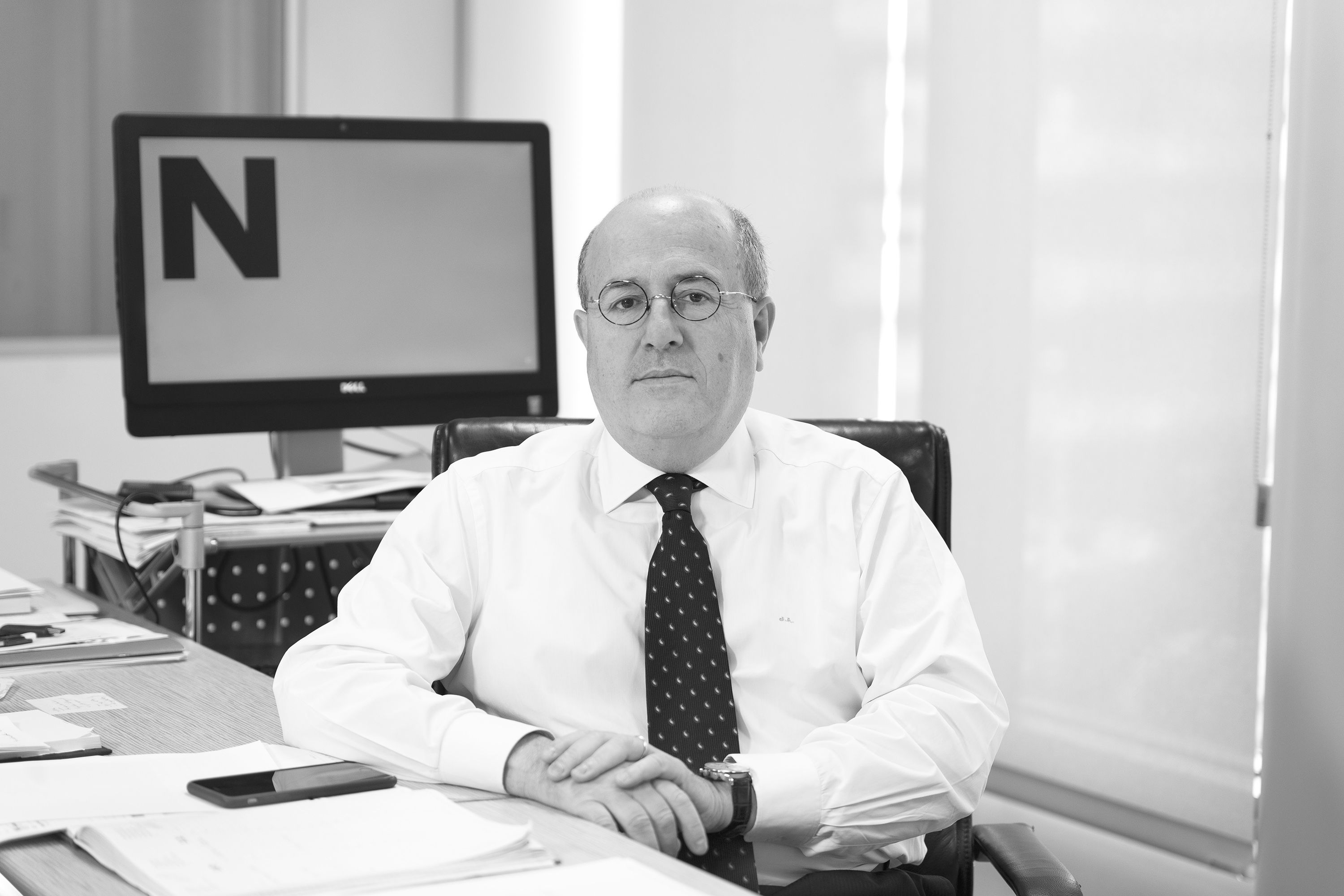This trial shouldn't start. Perhaps it's this sentence from lawyer Benet Salellas, from Jordi Cuixart's defence team, which best defines what one might think after following the first day of the trial of the Catalan independence push and in the fewest words. Eight hours of a hearing in which the different defence lawyers set out their preliminary questions, some referring to the evidence or parts of the trial they want to challenge. The seven Supreme Court judges were likely hearing more than listening to the different statements which rang out with thunderous strength in the chamber and which did nothing more than lay bare the position of a state which maintains a case as indefensible as this one. A false narrative, minimal guarantees for the right to defence of the accused and the violation of their right to a fair trial. How quickly the violation of rights has been exposed!
The trial will be a stain on Spanish democracy if it continues down this path. Seeing the members of the Catalan government who have been in pretrial detention for so, so many months, just like the Parliament's speaker, Carme Forcadell, and pro-independence social leaders sat in the dock makes you shiver. And you feel impotence and sadness. The shivers because they never should have been accused of crimes they didn't commit outside of the imagination of those who have certified events which didn't happen as they say. Rebellion without violence? Come on, mate! Impotence because the state decided a long time ago what the end of this trial should be since it was, above all, to teach a lesson to a political generation which had challenged it and, in many cases, left it in ridicule. But also sadness, great sadness. The political prisoners were calm and dignified, as we saw them on TV. But their imprisonment and trial is a failure of politics and has a very high personal cost for all of them. Only explicable by the nobility of their cause and their commitment to millions of Catalans.
Lawyer Jordi Pina (representing Sànchez, Turull and Rull) said mid-morning, during his speech, in a public plea to the magistrates, that they should be judges and not saviours of the homeland. Imparting justice and sticking to the evidence. It would be enough for the house of cards to fall suddenly. You can sense a certain amazement among the international correspondents over a trial which has only just started and in which they're asking for sentences of more than 200 years between the defendants. And in which a private prosecution is brought by a party like Vox. I don't doubt that international public opinion will lean during the trial towards positions clearly distant from those which Spanish justice is shaping today. That's why Spain is so scared the international media will endorse the narrative that it's Spanish democracy on trial.
At the end of the session in the Supreme Court, the television shows images of an apparent sleepy attitude from the judges. Who knows if it's a prelude for scarce interest in preliminary questions which won't change the path of the case. The afternoon ends after a day which has been historic for what it means for a trial against the government and Parliament, the two primary institutions of Catalonia. And the prisoners won't reach their prisons before 9pm. And likewise every day of the trial.

